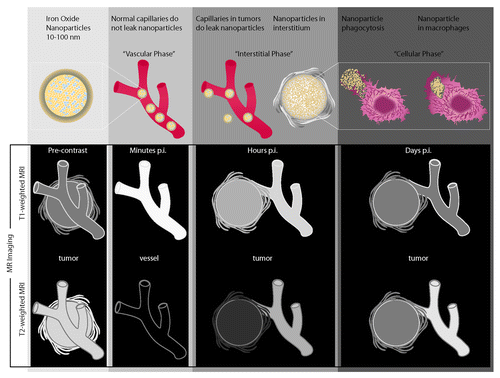Figures & data
Figure 1. Soluble mediators of chronic inflammation (like IL-1β, IFNγ, TNFα, IL-6, CCL2, CCL3, CXCL8, GM-CSF, VEGF, TGFβ, etc.) induce the migration in tumor lesions and activation of various immunosuppressive leukocytes such as myeloid-derived suppressor cells (MDSC) and regulatory T cells (Treg) that suppress antitumor responses mediated by effector CD4 (Th1) and CD8 (CTL) T cells via a downregulation of the ζ-chain expression, an arginine deprivation, and apoptosis. Neutralization of chronic inflammatory melanoma microenvironment by sildenafil results in the MDSC inhibition associated with the restoration of antitumor activities of Th1 and CTL, which leads to a significant retardation of melanoma progression.
